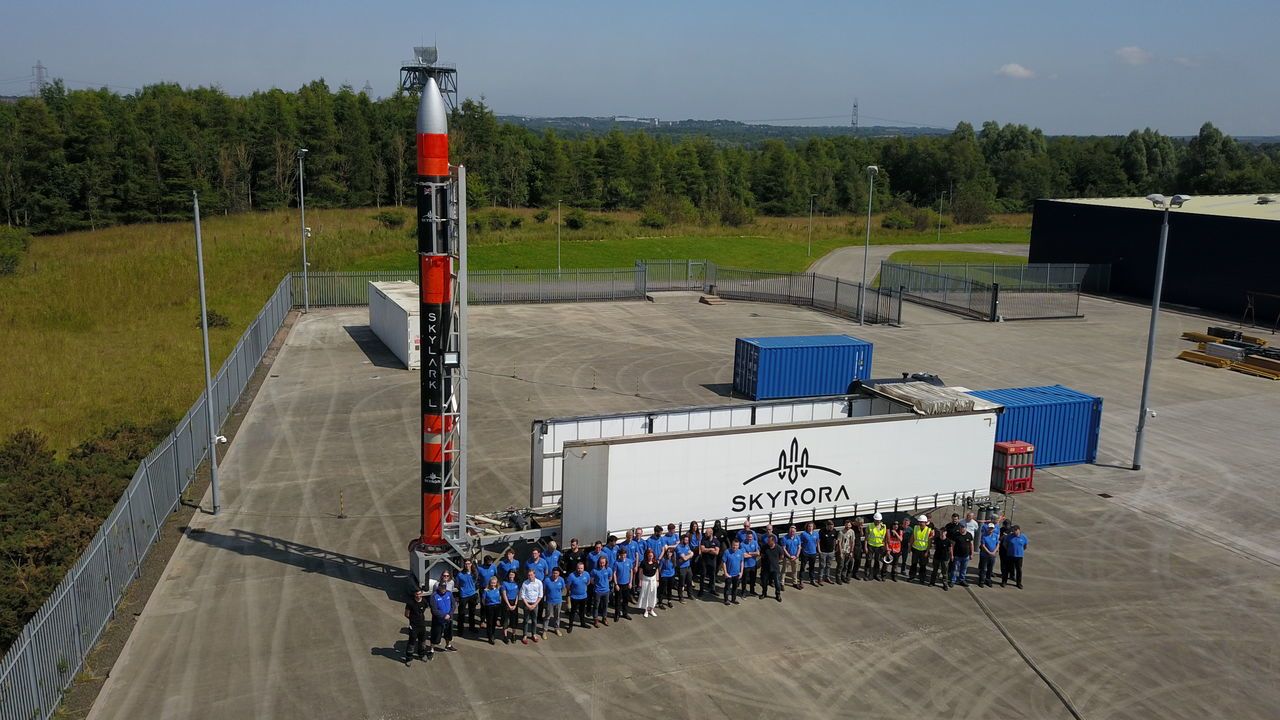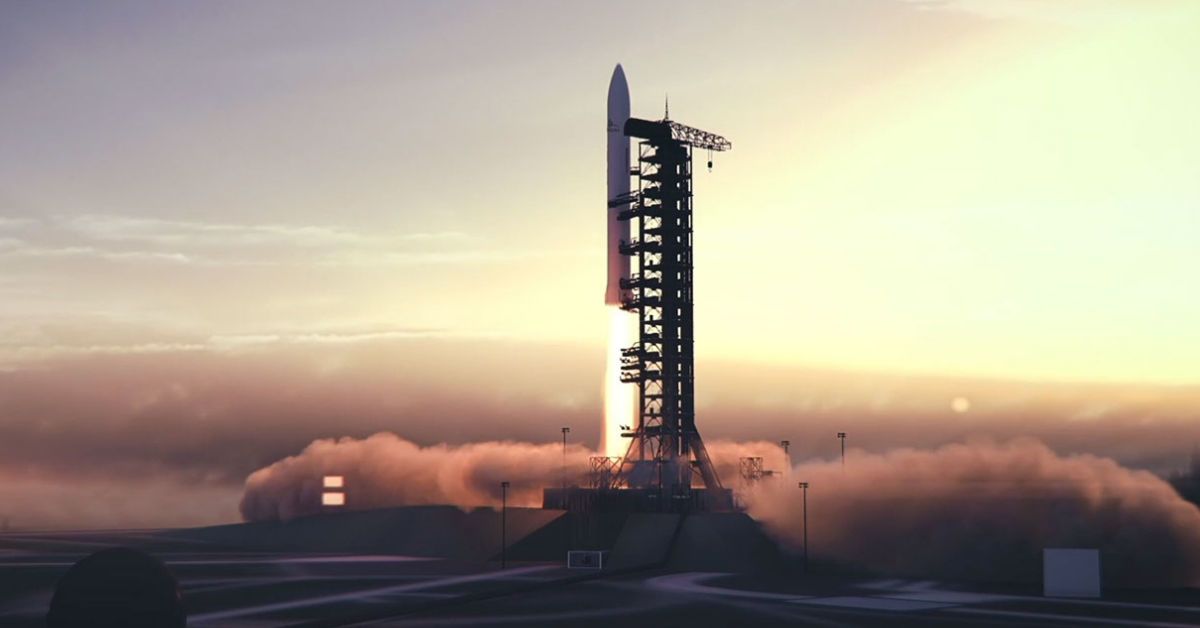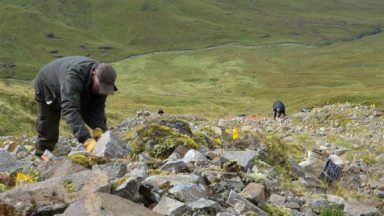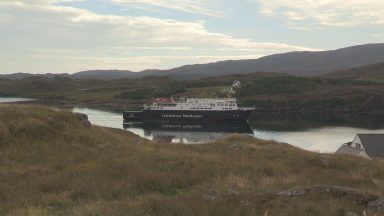A rocket company has signed a deal with a Shetland spaceport that could see the first journeys to space from the UK next year.
Skyrora, a rocket company with its headquarters in Edinburgh, has agreed a multi-launch deal over the next decade for the site on Unst, the most northerly of the Shetland Islands.
The company hopes to send its 23-metre long, 56-tonne XL rocket to deliver satellites into orbit from 2022.
No rocket has ever been sent to space from the UK, but Skyrora hopes the agreement with the former Shetland Space Centre, now known as the SaxaVord Spaceport, will help it deliver up to 16 launches a year by 2030.
 Handout
HandoutOnce operational, the SaxaVord spaceport is expected to create 140 jobs locally, with an additional 70 jobs across Shetland.
Commenting on the deal, Skyrora’s founder and chief executive, Volodymyr Levykin, said: “We have made no secret of our ambition to be the first company to launch from UK soil so it’s really exciting to agree to this multi-launch deal with SaxaVord.
“We are proud to be at the forefront of space innovation in the UK, deploying our assets and helping to unlock exciting opportunities as part of the new space economy.
“The UK is a world leader in space technology, and this latest move brings us another crucial step closer to offering a significant space service from our own soil.”
Frank Strang, CEO of Saxavord Spaceport, said: “As we look forward to launches from Unst next year, this is yet another exciting development and we look forward to working with the Skyrora team to help them meet their goal of delivering their XL rocket into orbit.
“The SaxaVord Spaceport location and the can-do attitude of our team mean we are perfectly placed to support Skyrora’s endeavours.”
In May this year, Skyrora carried out the first, full, ground, static fire, trial rocket trial in the UK for half a century at the Kildermorie Estate near Alness in the Highlands.
It was the first vertical test of this magnitude in the UK since the Black Arrow programme 50 years ago.
At the end of last year, the company also successfully completed trials of the third stage of the Skyrora XL rocket, including its orbital transfer vehicle (OTV), a vehicle that once in orbit can refire its engines about 15 times to complete tasks such as acting as a space tug, maintenance, or de-orbiting of defunct satellites.
The vehicle will be used to address the increasing volume of space debris orbiting Earth, one of the biggest problems facing the global space industry.
For the proposed UK launch next year, Skyrora plans to fuel Skyrora XL rocket with its own more-sustainable alternative to conventional rocket fuel: ecosene.
Made from waste plastic such as polystyrene, Ecosene could prevent more than 3000 tons of unrecyclable plastic going to landfill by 2030, just through use on Skyrora’s planned flights.
Mr Levykin added: “The space industry has a responsibility to commit to sustainability.
“Not just through enabling applications and services, such as through Earth observation, that can help pre-empt and mitigate the impact of climate change, but also by reducing the environmental impact of its own operations.
“With our OTV and Ecosene, we are contributing to this new space purpose, helping to tackle both the space junk problem and the impact of traditional fuels.”
Follow STV News on WhatsApp
Scan the QR code on your mobile device for all the latest news from around the country


 Handout
Handout
























